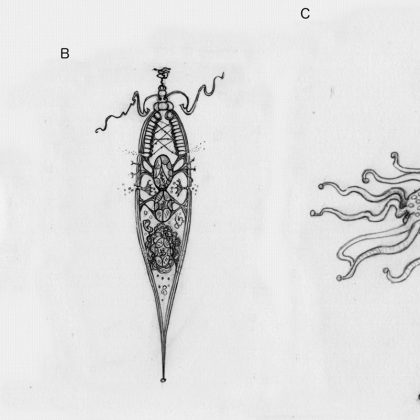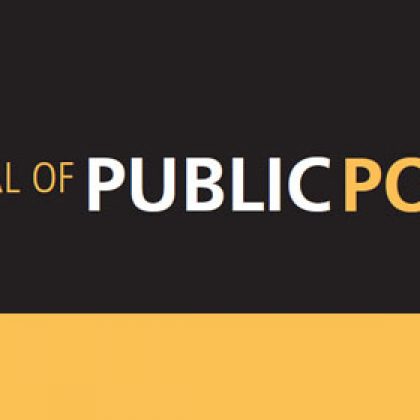Non-citizens, not Aliens
Before I became a citizen of the United States, all of my immigration documentation referred to me as an “alien.” My green card was an “alien registration card” and my ninedigit immigration registration number was my “alien number.”
For the purposes of immigration, any person who is not a US citizen or a national is an “alien,” whether they are a resident or nonresident, immigrant or nonimmigrant, and documented or undocumented.
The use of alien in immigration policy has long been controversial in the United States. It has been in the government’s official lexicon since 1798, when it was used in the Alien and Sedition Acts. These were laws that made it harder for an immigrant to become a citizen, and allowed the government to imprison and deport non-citizens who were considered to be dangerous or hostile.
Alien is now construed as demeaning and dehumanizing, and so the new President of the United States is pushing to change this terminology. In an immigration overhaul bill that Joe Biden has sent to Congress, he writes that the new administration “further recognizes America as a nation of immigrants by changing the word ‘alien’ to ‘noncitizen’ in our immigration laws.”
In reference to migration, alien fell out of use in other countries long ago, including the UK and Australia, while in Canada the term “foreign national” is used instead. Replacing “alien” with “noncitizen” would be a more accurate word to describe a person’s status, and also one that is not offensive.
But why is alien considered to be offensive? Given its connotations in popular culture, alien conjures up images of UFOs and extraterrestrials with green skin and enormous dark eyes. The meaning of alien as “not of this Earth” or “from another planet “ is quite new, only dating back to the mid-1900s.
Flying saucers aside, alien can be alienating; it is a term that has connotations of foreigner and stranger. The word comes from Latin alienus, meaning “foreign, strange” and “of or belonging to another, not one’s own.” It implies “outsider” and a person who doesn’t fit in or belong in US society.
Alien as a label stigmatizes immigrants. It is othering, portraying a person as not only different, but also dangerous, and possibly an enemy. During World War II, the US government launched propaganda campaigns to galvanize public support against the common enemy, while posters of the time warned employers against hiring “aliens”, stirring feelings of hate and fear against immigrants.
Alien also has negative connotations because it is strongly associated with unauthorized immigration due to the commonly used phrase “illegal alien.” Undocumented workers are
often branded “illegals,” another term that is dehumanizing and divisive. Recent communications from US Customs and Border Protection have instead referred to apprehended migrants as “individuals”, such as a new release that announced a stash house bust in Laredo, Texas.
Since the inauguration of the new President there has been a noticeable reduction of the use of the term “alien” in news releases and documents emerging from the Department of Homeland Security. This change suggests that this sense of alien may be retired, and in general, signals that the new administration represents a more tolerant and progressive worldview.
For a further discussion of related topics, see my new book On The Offensive: Prejudice in Language Past and Present.






